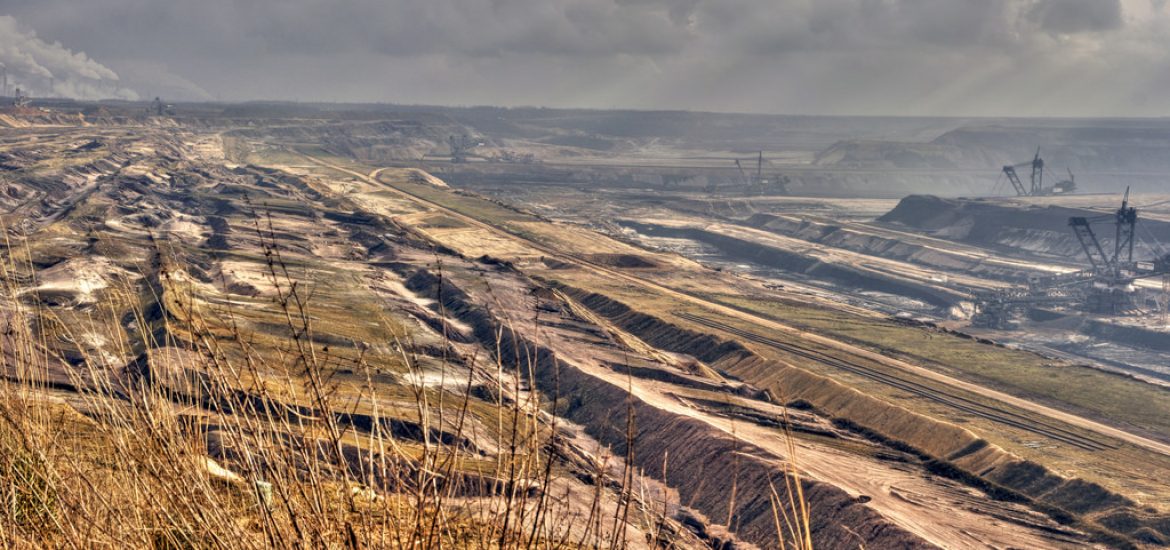
Renewable energy has reportedly provided a third of German electricity this year, with wind energy overtaking natural gas and nuclear energy to become the third largest source.
The god (BDEW) issued preliminary calculations for this year, with renewable generation reaching 33 per cent, up from 29 per cent last year.
The cuts were also achieved despite considerable low-hanging fruit in German power generation.
Germany still operates numerous brown-coal or lignite power stations while Agora Energiewende recently claimed up to 20 of those highly polluting plants could be closed without endangering energy supplies. “The shut down of coal power plants would not make Germany dependent on electricity imports. It would only have to reduce its electricity exports,” Agora director Patrick Graichen told Bild.
Despite the ongoing use of brown coal, considerable progress has been made.
Stefan Kapferer, BDEW chairman, said: “Renewables have already surpassed the target of 35-per-cent renewable energy in gross energy consumption set by the federal government in the energy concept for 2020. That is good news for climate protection.”
He said the changes in production had already surpassed Berlin’s targets.
“The figures show impressively that there is already an accelerated shift in power generation from CO2-intensive to low-carbon and almost CO2-free energy sources,” Kapferer said.
“The energy industry is clearly on course with regard to energy and climate targets: our industry is able to reduce CO2 emissions by 40 per cent by 2020 compared to 1990,” he told the media in Berlin.
The BDEW said the gap between coal and renewables in electricity production fell from 11 to under 4 percentage points this year. The share of power generated by coal dropped from 40.3 per cent in 2016 to a still substantial 37 per cent this year, according to the data.
“The reduction of coal-fired power production is in full swing”, Kapferer said. “Nobody is investing in hard-coal plants any longer”.
The Federal Network Agency reported that six coal-fired power stations were closed this year.
Politicians in Berlin were now required to invest in renewable energy generation and low-emission natural gas power, Kapferer said, to pick up the shortfall created by declining use of coal and lignite.
The BDEW boss openly criticised the transport sector, which “unfortunately makes no appropriate contribution” to carbon reduction.
He said Germany’s giant auto industry must now increase its contribution to emissions reductions and if the nation failed to meet its 2020 targets, “the main culprit” would be the transport sector.
An open coalmine in Garzweiler, Germany. Picture credit: Flickr





